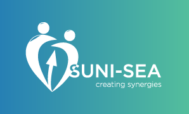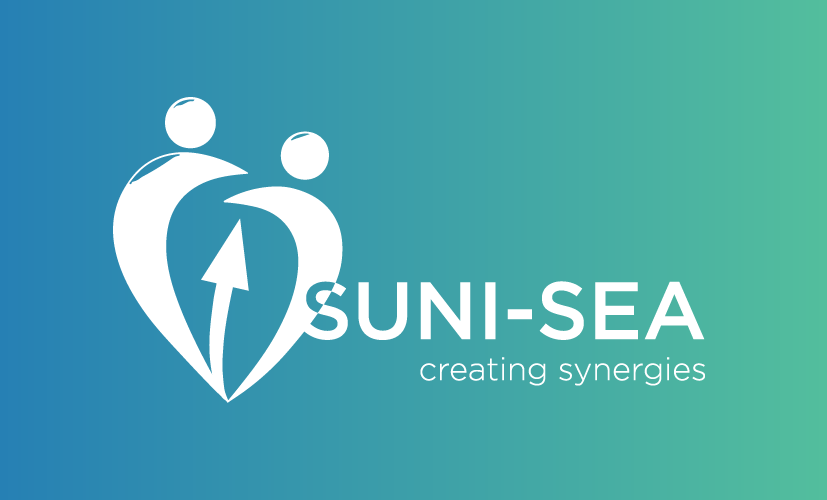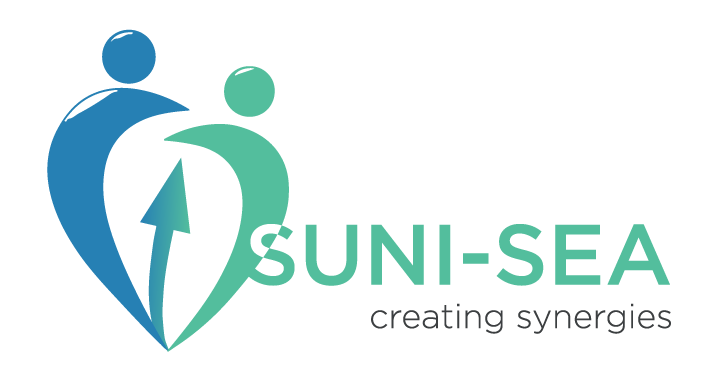Since 2014, the Myanmar Ministry of Health has been implementing an electronic Health Management Information System (e-HMIS), with the utilisation of a web-based, free and open-source software called DHIS2. The tool was developed by the University of Oslo, and serves as a core platform for data collection, reporting and analysis.
DHIS2[1] is an open source, web-based platform most commonly used as a health management information system (HMIS). Today, DHIS2 is the world’s largest HMIS platform, in use by 73 low and middle-income countries. Approximately 2.4 billion people live in countries where DHIS2 is used. Including NGO-based programs, DHIS2 is in use in more than 100 countries. DHIS2 software development is a global collaboration managed by the HISP Centre at the University of Oslo (UiO).
 Our SUNI-SEA project (Scaling-Up Non Communicable Diseases Interventions (NCDs) in South-East Asia) Myanmar previously planned to implement in person project interventions for prevention and management of NCDs, in the three project regions and villages, via community based volunteers who are members of Inclusive Self Help Groups. Unfortunately due to the political unrest that began in Myanmar in February 2021 and the ongoing COVID-19 pandemic, the Myanmar project team decided to adapt the project interventions and refocus from in person implementation of NCD screening, health promotion and referral, to a ‘Self Care NCD Screening and Mental Health Care Model’ using a mobile phone application adapted from the DHIS2 community tracker application .
Our SUNI-SEA project (Scaling-Up Non Communicable Diseases Interventions (NCDs) in South-East Asia) Myanmar previously planned to implement in person project interventions for prevention and management of NCDs, in the three project regions and villages, via community based volunteers who are members of Inclusive Self Help Groups. Unfortunately due to the political unrest that began in Myanmar in February 2021 and the ongoing COVID-19 pandemic, the Myanmar project team decided to adapt the project interventions and refocus from in person implementation of NCD screening, health promotion and referral, to a ‘Self Care NCD Screening and Mental Health Care Model’ using a mobile phone application adapted from the DHIS2 community tracker application .
By means of the Self-Care DHIS2 software application, community members will be provided with the opportunity to conduct self-care screening for NCDs and mental health risks, which are essential and popular health topics for the Myanmar population. The NCD screening application collects user information such as blood pressure measurement, weight and height, nutrition practices, tobacco consumption, alcohol consumption and physical activity. In addition, for NCD risk assessment screening includes a validated noninvasive questionnaire tool called ‘FINDRIC Score’ which identifies if the users are at risk of developing diabetes. For the mental health screening, the focus is identifying the risk for three main mental health disorders anxiety, depression and post-traumatic stress syndrome (‘PTSD’). Along with the self-care screening application, health promotion information and visuals are included as part of the screening process to promote knowledge about the prevention and management of NCDs and mental health. The app uses a GIS system which provides mapping of the users location and how many people in each location are using the Self Care Screening application.
The app is now available on the Google Play Store (currently accessible in Myanmar only) and distributed to community members via popular social media sites such as Facebook or Viber, in order to allow people to easily download and install it. The server link will be automatically filled for ease of use for older people. The user can create a personal account with their name and password, and can then get access to the app. After installing the app and creating an account the user can fill out the screening information offline. This is very useful for the Myanmar context with restricted electricity and irregular internet access.
When first beginning to use the application, the users will be requested to provide their consent to allow the research project to use their screening information. Users will not be identified by name or address but will be provided with a personal ID number. Only the ID number will be seen by the research team. After providing consent the users can complete the screening questions and receive a summary of their risk assessment. After completing all the screening information the user will need to access an internet connection to synchronisation their information to store on their telephone and upload to the cloud based project server. During follow up use of the application the user can obtain their previous screening information and can track their own progress. By widely using this Self-care Screening App around the country, a large number of the Myanmar population can readily assess their health at home and receive information about self-care and advice about risk factors that require follow up care from a health professional. This application has the potential to reduce the pressure on the reduced number of available health facilities in Myanmar.
Using the data from this application the SUNI-SEA Myanmar team plans to identify the clusters of pre-diabetes, diabetes and hypertension among the 75 project villages where Inclusive Self-Help Groups are situated in three regions of Myanmar. Based on the data coming out from DHIS2 software, we will analyse the data quarterly and share graphic virtualisation of the screening data to inform future NCD interventions in Myanmar and for the global community to promote the benefits of self-care screening tools via DHIS2 software.






